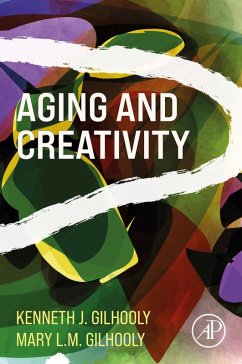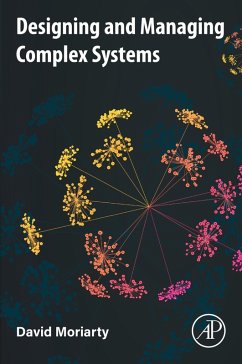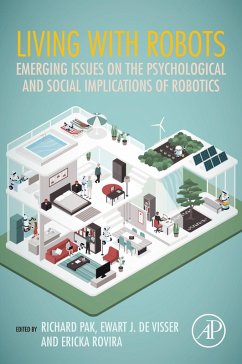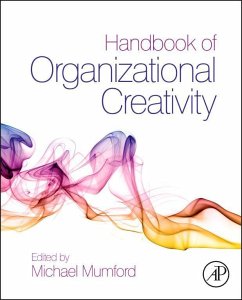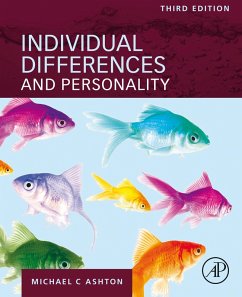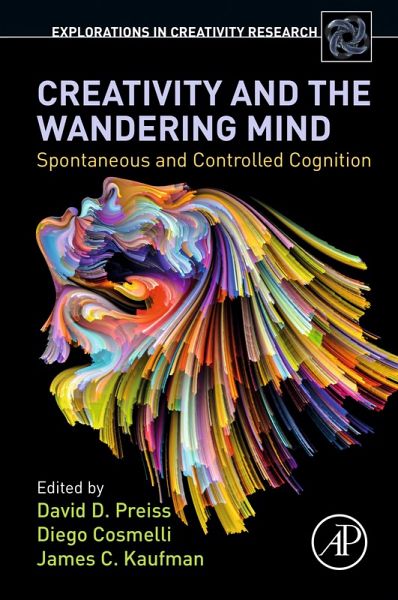
Creativity and the Wandering Mind (eBook, ePUB)
Spontaneous and Controlled Cognition
Redaktion: Preiss, David D.; Kaufman, James C.; Cosmelli, Diego
Versandkostenfrei!
Sofort per Download lieferbar
67,95 €
inkl. MwSt.
Weitere Ausgaben:

PAYBACK Punkte
34 °P sammeln!
Creativity and the Wandering Mind: Spontaneous and Controlled Cognition summarizes research on the impact of mind wandering and cognitive control on creativity, including imagination, fantasy and play. Most coverage in this area has either focused on the negative consequences of mind wandering on focused problem solving or the positive effect of mindfulness, but not on the positive consequences of mind wandering. This volume bridges that gap. Research indicates that most people experience mind wandering during a large percentage of their waking time, and that it is a baseline default mode of b...
Creativity and the Wandering Mind: Spontaneous and Controlled Cognition summarizes research on the impact of mind wandering and cognitive control on creativity, including imagination, fantasy and play. Most coverage in this area has either focused on the negative consequences of mind wandering on focused problem solving or the positive effect of mindfulness, but not on the positive consequences of mind wandering. This volume bridges that gap. Research indicates that most people experience mind wandering during a large percentage of their waking time, and that it is a baseline default mode of brain function during the awake but resting state. This volume explores the different kinds of mind wandering and its positive impact on imagination, play, problem-solving, and creative production. - Discusses spontaneous and controlled processes in creativity - Examines the relationship between mind wandering, consciousness, and imagination - Reviews research on problem-solving, imagination, play, and learning - Highlights the positive impact of mind wandering on creative thought and output
Dieser Download kann aus rechtlichen Gründen nur mit Rechnungsadresse in A, B, BG, CY, CZ, D, DK, EW, E, FIN, F, GR, HR, H, IRL, I, LT, L, LR, M, NL, PL, P, R, S, SLO, SK ausgeliefert werden.




